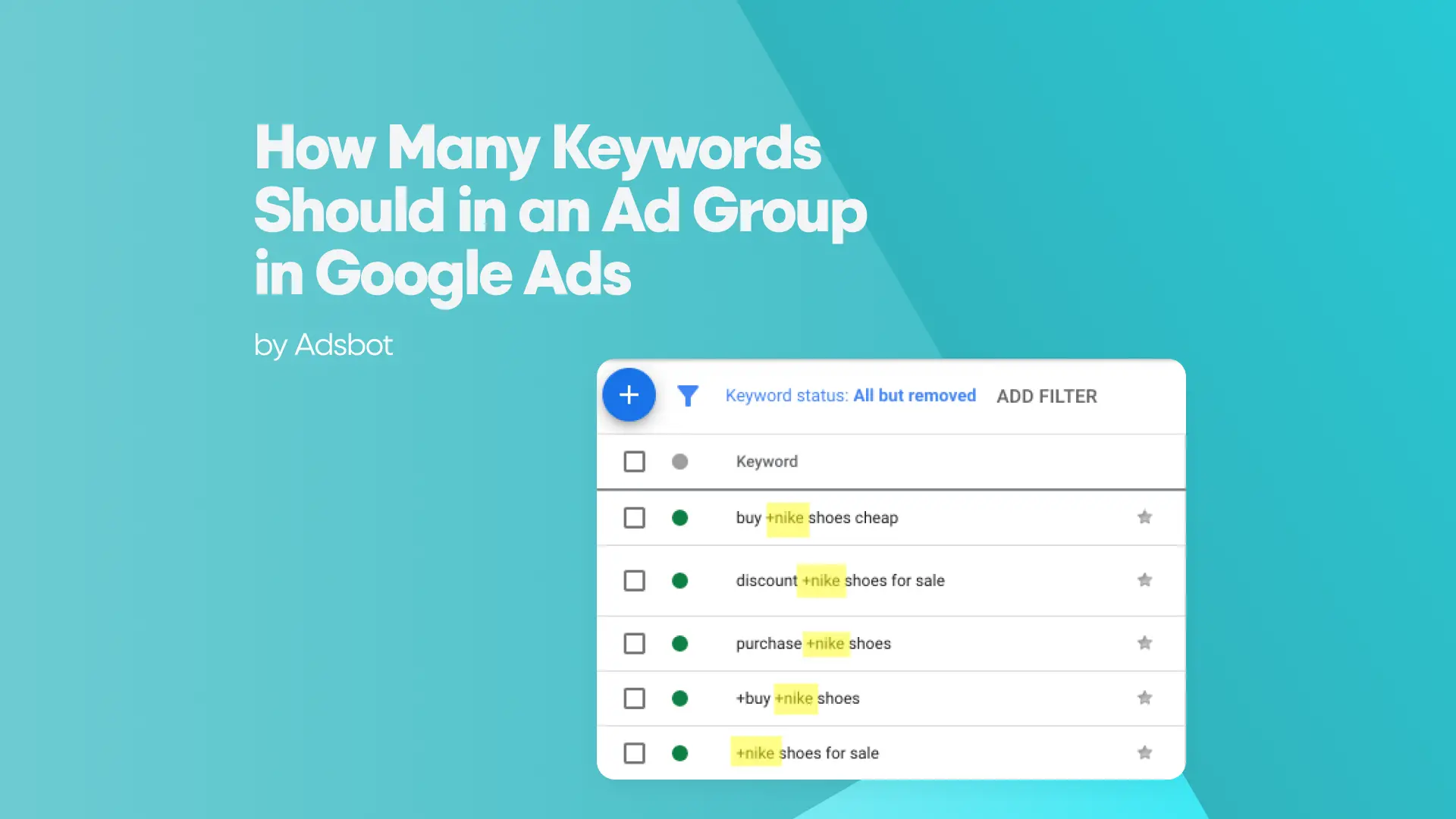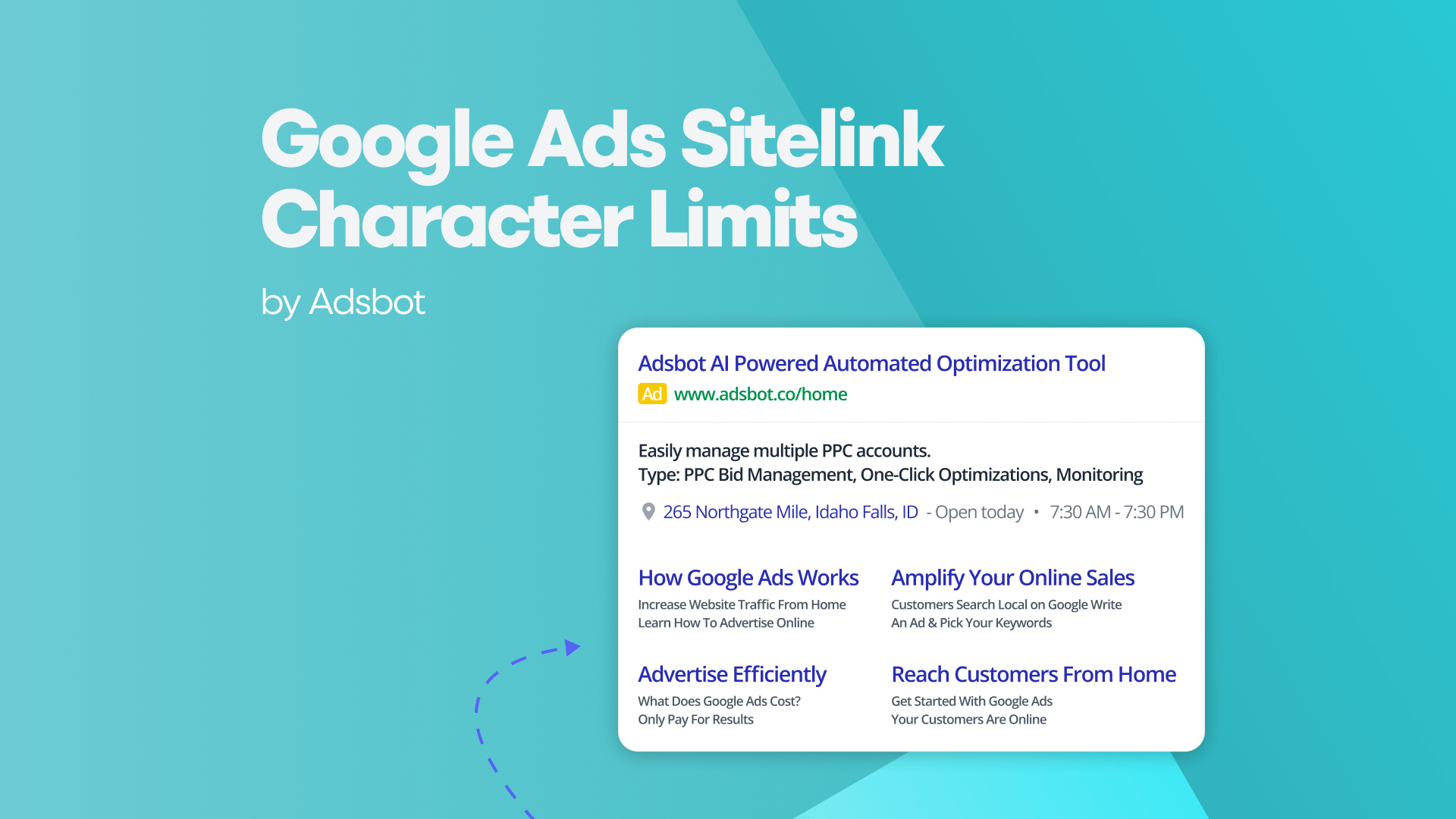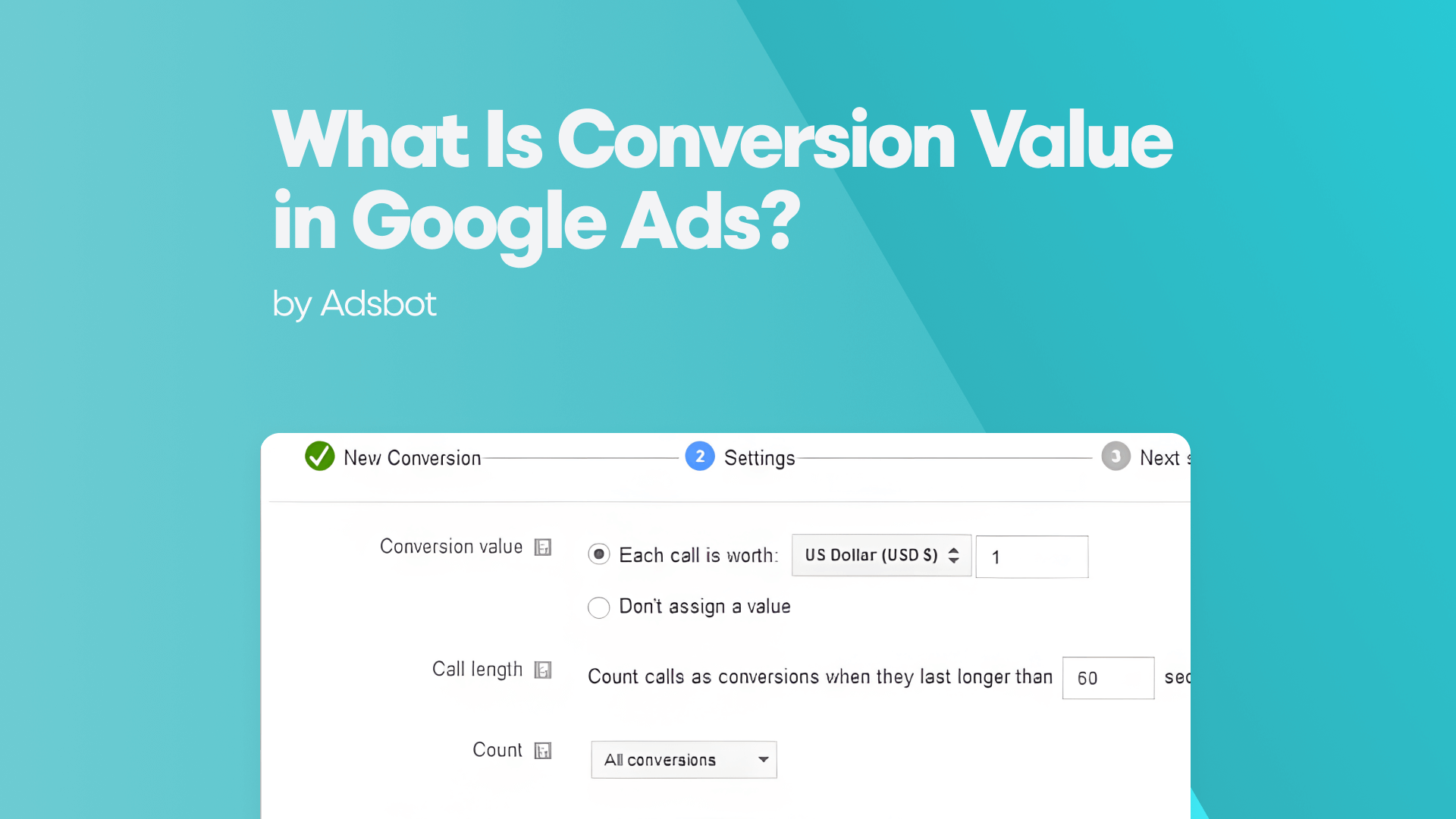In today’s digital-first world, the success of marketing campaigns heavily depends on effective reporting. Digital marketing report tools streamline data collection, analysis, and visualization, enabling businesses to make informed decisions and demonstrate value to stakeholders. These tools are indispensable for marketers aiming to measure performance, optimize campaigns, and showcase return on investment (ROI). This article delves into the best digital marketing reporting tools, templates, and practices to craft compelling analytics reports.
What is marketing reporting?
Marketing reporting is the act of collecting, visualizing, and relaying marketing information to your team, executives, or clients, with the ultimate goal of facilitating data-driven decision-making on marketing strategy and tactics.
Marketing reporting can help you with:
- See the everyday impact of marketing campaigns.
- Assess the performance of a given marketing campaign.
- Decide on the mix of marketing channels you are using
- Maximize your marketing investment
- Report your findings to leaders or customers.
And it helps identify trends and opportunities for future marketing efforts.
Understanding Digital Marketing Reporting
Online marketing reporting involves the systematic tracking and analysis of data from various online channels. These reports offer actionable insights, helping marketers evaluate the performance of their strategies and adjust tactics to meet objectives. Reporting tools simplify this process by aggregating data from multiple sources into a single, cohesive view.
Features of Digital Marketing Reporting Tools
Modern digital marketing reporting software or tools offer various features to make reporting accurate, efficient, and visually appealing:
- Data Integration: Import data from multiple platforms, such as Google Ads, Facebook, and SEO competitor analysis tools, into one dashboard.
- Customizable Dashboards: Tailor reports to specific campaigns or clients with custom metrics and visualizations.
- Automated Reporting: Schedule reports to be generated and sent at regular intervals, saving time.
- Visualization: Present data using charts, graphs, and infographics to make complex information easy to digest.
- Performance Tracking: Monitor KPIs in real-time to identify trends and optimize campaigns.
Best Digital Marketing Reporting Tools
1. Google Data Studio
Google Data Studio is a free and versatile tool for creating interactive dashboards and reports. It integrates seamlessly with Google products such as Google Analytics, Ads, and Search Console, as well as third-party platforms.
- Key Features:
- Customizable templates and drag-and-drop widgets.
- Real-time data updates.
- Collaboration features for teams.
- Best For: Businesses of all sizes looking for a cost-effective reporting solution.
2. HubSpot Marketing Hub
HubSpot is a comprehensive CRM and marketing platform that offers robust analytics and reporting capabilities. Its reporting tools allow users to track email campaigns, website performance, and social media efforts.
- Key Features:
- Centralized data from marketing, sales, and customer service teams.
- Pre-designed templates for quick reporting.
- Advanced segmentation and ROI tracking.
- Best For: Companies seeking an all-in-one marketing and CRM platform.
3. SEMrush
SEMrush is a popular tool for SEO and paid advertising analysis. Its reporting capabilities include keyword performance, backlink tracking, and competitor analysis.
- Key Features:
- White-label reporting for agencies.
- Customizable PDF report templates.
- Integration with Google tools and social media platforms.
- Best For: Agencies and businesses focused on SEO and competitive analysis.
4. Hootsuite
Hootsuite is a social media management tool that provides detailed performance analytics across multiple social media platforms.
- Key Features:
- Social media engagement metrics.
- Visual reports highlighting trends and KPIs.
- Pre-scheduled automated reports.
- Best For: Social media marketers who need in-depth insights.
5. Databox
Databox aggregates data from over 70 platforms into a single dashboard. It’s designed for real-time reporting and provides powerful visualization options.
- Key Features:
- Mobile-friendly dashboards.
- Goal tracking with progress indicators.
- Easy-to-use interface with drag-and-drop widgets.
- Best For: Teams requiring real-time tracking and advanced visualizations.
6. Tableau
Tableau is a business intelligence tool renowned for its advanced data visualization capabilities. While it’s not exclusively for marketing, it’s highly adaptable to digital marketing needs.
- Key Features:
- Interactive dashboards with drill-down options.
- AI-driven insights and predictions.
- Integration with a wide range of data sources.
- Best For: Enterprises and data-driven organizations.
7. Adsbot
Adsbot is a digital marketing optimization and analytics tool with distinctive features that help marketers. It is an all-in-one tool for tracking and reporting digital marketing. It is suitable for digital agency reporting and digital marketing performance reports.
- Key Features:
- Predefined dashboards for a variety of digital marketing channels.
- Mobile-friendly dashboards.
- Scheduled custom reports with an option to add personalized comments.
- A wide variety of reporting channels, including Adjust, Amazon, TikTok, Meta, Google Ads, GA4, and Search Console.
- Best For: Digital marketing experts and agencies.
Digital Marketing Report Templates
Templates are crucial for simplifying the reporting process and ensuring consistency. Here are some examples of commonly used digital marketing report templates:
- Monthly Marketing Report:
- Metrics: Website traffic, social media growth, lead conversions.
- Channels: SEO, paid ads, email marketing, social media.
- Insights: Highlights of successful campaigns and improvement areas.
- Campaign-Specific Report:
- Metrics: Impressions, clicks, conversions, cost-per-click (CPC).
- Audience Insights: Demographics, engagement, and behavior.
- ROI Analysis: Revenue generated vs. campaign cost.
- SEO Performance Report:
- Metrics: Keyword rankings, organic traffic, and domain authority.
- Tools: Data from SEMrush, Ahrefs, or Google Analytics.
- Social Media Report:
- Metrics: Follower growth, engagement rates, and content performance.
- Channels: Facebook, Instagram, LinkedIn, Twitter.
Importance of Digital Marketing Analytics Reports
Digital marketing analytics reports help businesses:
- Track Progress: Monitor how well campaigns are achieving set goals.
- Optimize Campaigns: Use data insights to adjust strategies and improve performance.
- Demonstrate ROI: Show stakeholders the value generated by marketing efforts.
- Identify Trends: Recognize patterns and forecast future opportunities.
Factors to Consider When Choosing Reporting Tools
When selecting reporting tools for digital marketing, consider:
- Ease of Use: Tools should be intuitive and easy to navigate.
- Integration: Ensure compatibility with your existing platforms (e.g., CRM, analytics tools).
- Customization: Look for tools that allow you to tailor reports to specific needs.
- Automation: Tools with automated reporting features save time and reduce errors.
- Cost: Choose a solution that fits your budget without compromising on essential features.
Tips for Creating Effective Reports
- Focus on Objectives: Align your report with business goals.
- Keep it Visual: Use graphs and charts to simplify data presentation.
- Provide Context: Explain why certain metrics are important and what they indicate.
- Be Transparent: Include both successes and areas needing improvement.
- Make it Actionable: Offer clear recommendations based on insights.
Conclusion
Digital marketing reporting tools are indispensable for modern marketers aiming to optimize strategies, demonstrate ROI, and gain actionable insights. Whether you’re managing SEO, social media, or multi-channel campaigns, tools like Google Data Studio, HubSpot, SEMrush, and Tableau can help you streamline the reporting process. By leveraging the right tools and templates, businesses can craft impactful reports that not only showcase performance but also guide future marketing efforts.
Popular Posts
-
How Many Keywords Should Be In an Ad Group in Google Ads?
Ever wondered if your Google Ads campaigns are packed with…
Read more -
Google Ads Script for Dummies: An Introduction
Imagine you have an e-commerce website that sells licensed superhero…
Read more -
Google Ads Sitelink Character Limits
Your Google Ads are cutting off in the middle of…
Read more -
What Is Conversion Value in Google Ads?
What if you could put a price tag on every…
Read more
Register for our Free 14-day Trial now!
No credit card required, cancel anytime.





